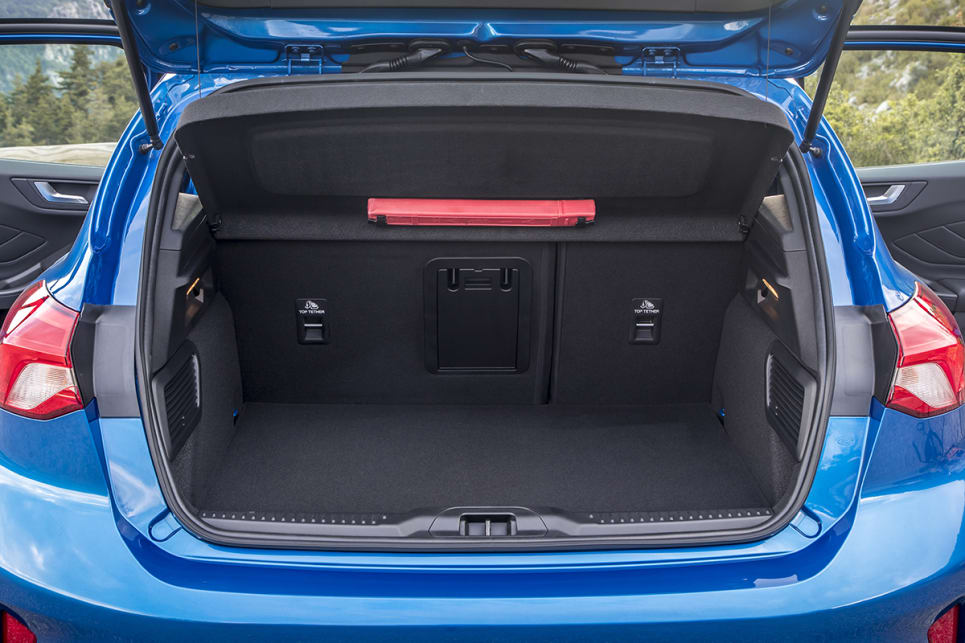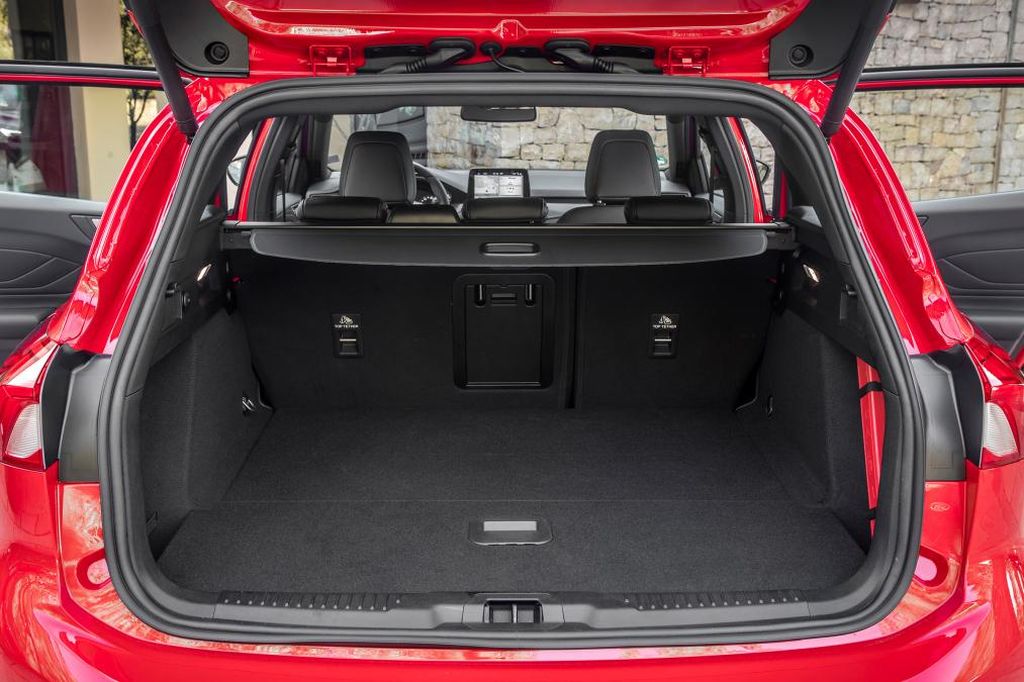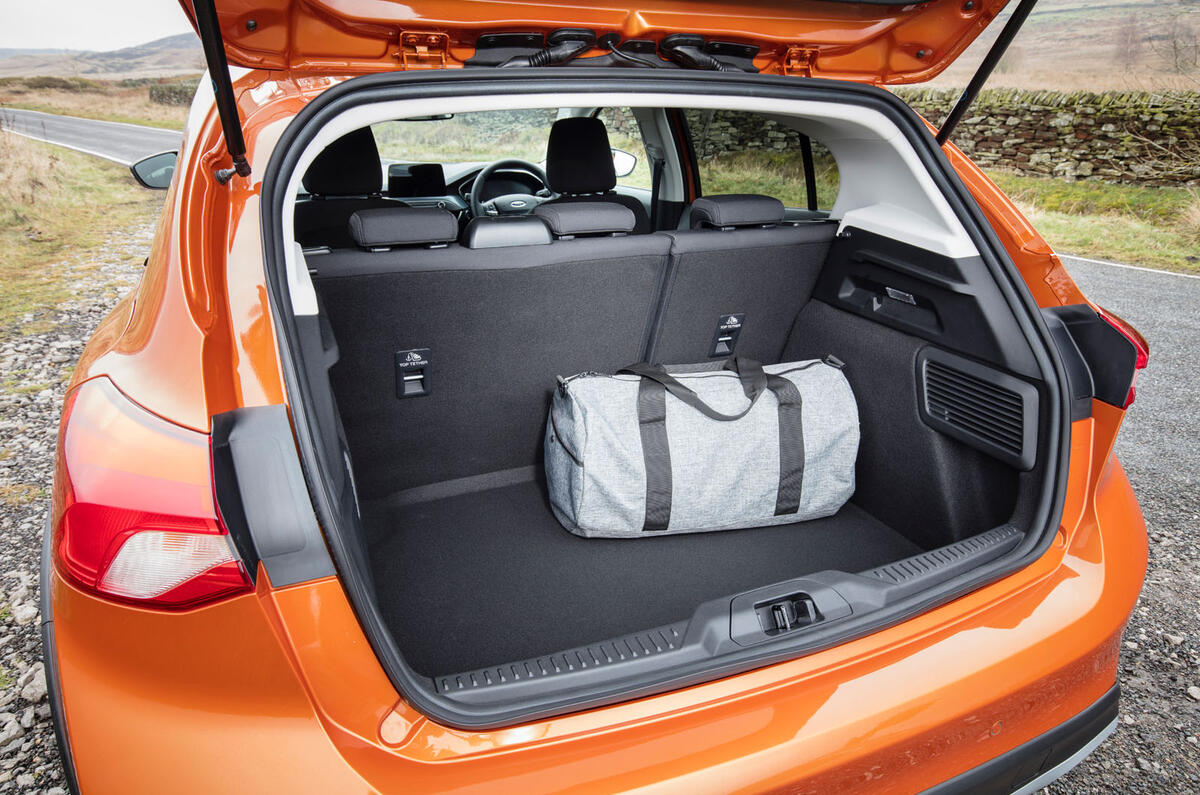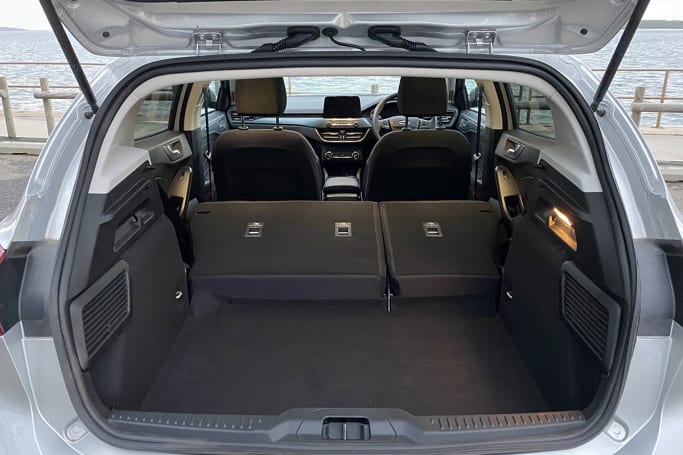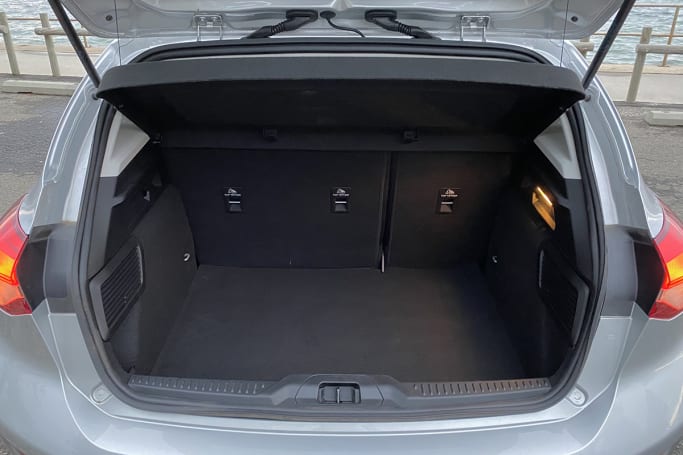The 2019 Ford Focus Boot Capacity: Is It Enough? A Comprehensive Guide
The Ford Focus, a popular choice for its practicality and affordability, often gets scrutinized for its cargo space. If you’re considering a 2019 Ford Focus, understanding its boot capacity is crucial. Whether you’re a solo traveler, a family on the go, or someone who needs to haul groceries and gear, knowing if the Focus’s boot meets your needs is paramount. This article provides a thorough analysis of the 2019 Ford Focus boot capacity, helping you determine if it’s the right fit for your lifestyle.
Understanding the Basics: What Determines Boot Capacity?
Before we dive into the specific figures, let’s clarify what factors impact a car’s boot capacity. The primary measurement used is liters (L), which represents the volume of space available. Other factors to consider:
- Body Style: The Focus was available in different body styles in 2019, each impacting boot space:
- Hatchback: Generally offered the most versatile cargo space.
- Estate (Wagon): Provided significantly increased cargo capacity, often favored for its load-carrying capabilities.
- Rear Seat Configuration: Folding rear seats can drastically expand cargo space, allowing for larger items.
- Spare Tire/Tyre Repair Kit: The presence of a spare tire or a repair kit can affect the usable boot space.
2019 Ford Focus Boot Capacity: The Numbers
Now, let’s get to the specifics. The 2019 Ford Focus’s boot capacity varies depending on the body style:
2019 Ford Focus Hatchback:
- Boot Capacity (Seats Up): Approximately 375 liters.
- Boot Capacity (Seats Folded): Approximately 1,354 liters.
2019 Ford Focus Estate (Wagon):
- Boot Capacity (Seats Up): Approximately 575 liters.
- Boot Capacity (Seats Folded): Approximately 1,620 liters.
Key Takeaways from the Numbers:
- The hatchback offers a decent amount of space for everyday use.
- Folding the rear seats in the hatchback creates a significant increase in cargo capacity, suitable for larger items.
- The estate (wagon) provides considerably more space, making it ideal for families or those who frequently transport bulky items.
Practical Considerations: What Can You Fit?
The numbers are helpful, but what does this translate to in real-world terms? Here’s a general idea of what you can expect to fit in the 2019 Ford Focus’s boot:
Hatchback (Seats Up):
- Several grocery bags
- A couple of small suitcases
- A stroller (depending on size)
- Sports equipment (e.g., a duffel bag and a few smaller items)
Hatchback (Seats Folded):
- Large suitcases
- Flat-pack furniture (smaller pieces)
- Bicycles (with front wheels removed)
- Camping gear
Estate (Wagon) (Seats Up):
- Multiple large suitcases
- Several large grocery hauls
- Pet carriers
- A week’s worth of luggage for a family
Estate (Wagon) (Seats Folded):
- Large furniture pieces
- Multiple bicycles
- Large amounts of bulky cargo
Comparing the Ford Focus to Competitors
To understand the 2019 Ford Focus’s boot capacity in context, it’s helpful to compare it to its rivals:
- Volkswagen Golf: The Golf typically offers a similar boot capacity to the Focus Hatchback.
- Hyundai i30: The i30 often provides comparable cargo space to the Focus Hatchback.
- Skoda Octavia: The Octavia, especially in its estate (wagon) form, usually provides more boot space than the Focus Estate.
When choosing, consider your specific needs. If maximizing space is a priority, a direct comparison of boot dimensions with competitors is recommended.
Is the 2019 Ford Focus Boot Enough?
The answer depends entirely on your needs.
- For single occupants or couples without large storage requirements: The hatchback’s boot space is likely sufficient for daily errands, weekend trips, and general use.
- For families or those needing more cargo capacity: The estate (wagon) version is a much better choice, providing ample space for luggage, family gear, and larger items.
- If you frequently transport bulky items: Consider the estate (wagon) or assess if folding the hatchback’s rear seats provides adequate space.
Ultimately, consider your lifestyle and the type of cargo you regularly transport.
Conclusion
The 2019 Ford Focus offers a practical and versatile boot, with the hatchback providing adequate space for many needs and the estate (wagon) offering significantly more. Evaluating your typical cargo requirements is crucial when deciding if the Focus’s boot is “enough.” By understanding the boot capacity figures, considering practical examples, and comparing it to rivals, you can confidently determine if the 2019 Ford Focus is the right car for you.
Frequently Asked Questions (FAQs)
1. Does the 2019 Ford Focus have a spare tire?
This varies depending on the trim level and options selected. Some models came with a spare tire, while others had a tire repair kit. Check the vehicle’s specifications or look in the boot to confirm.
2. How easy is it to fold the rear seats in the 2019 Ford Focus?
The rear seats typically fold down easily, usually with a lever or release button located in the boot or on the seats themselves.
3. Does the estate (wagon) version have a higher load capacity than the hatchback?
Yes, the estate (wagon) version of the 2019 Ford Focus has a significantly higher load capacity due to its larger cargo area.
4. Are there any underfloor storage compartments in the 2019 Ford Focus boot?
Some models may have underfloor storage compartments, which can be helpful for storing smaller items and keeping them out of sight. Check the specific trim level to confirm.
5. How does the Ford Focus’s boot compare to other cars in its class?
The Focus offers competitive boot space within its class. The hatchback is comparable to rivals like the Volkswagen Golf and Hyundai i30, while the estate (wagon) offers space comparable to other compact estate cars.
